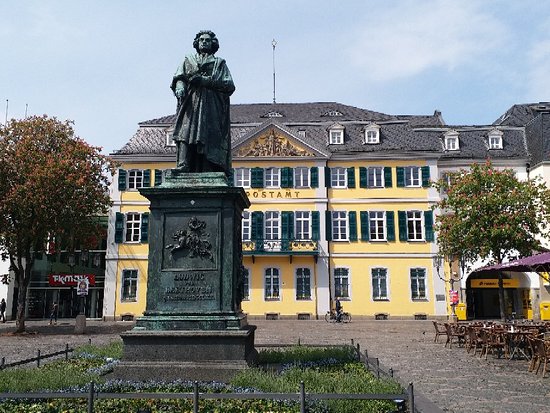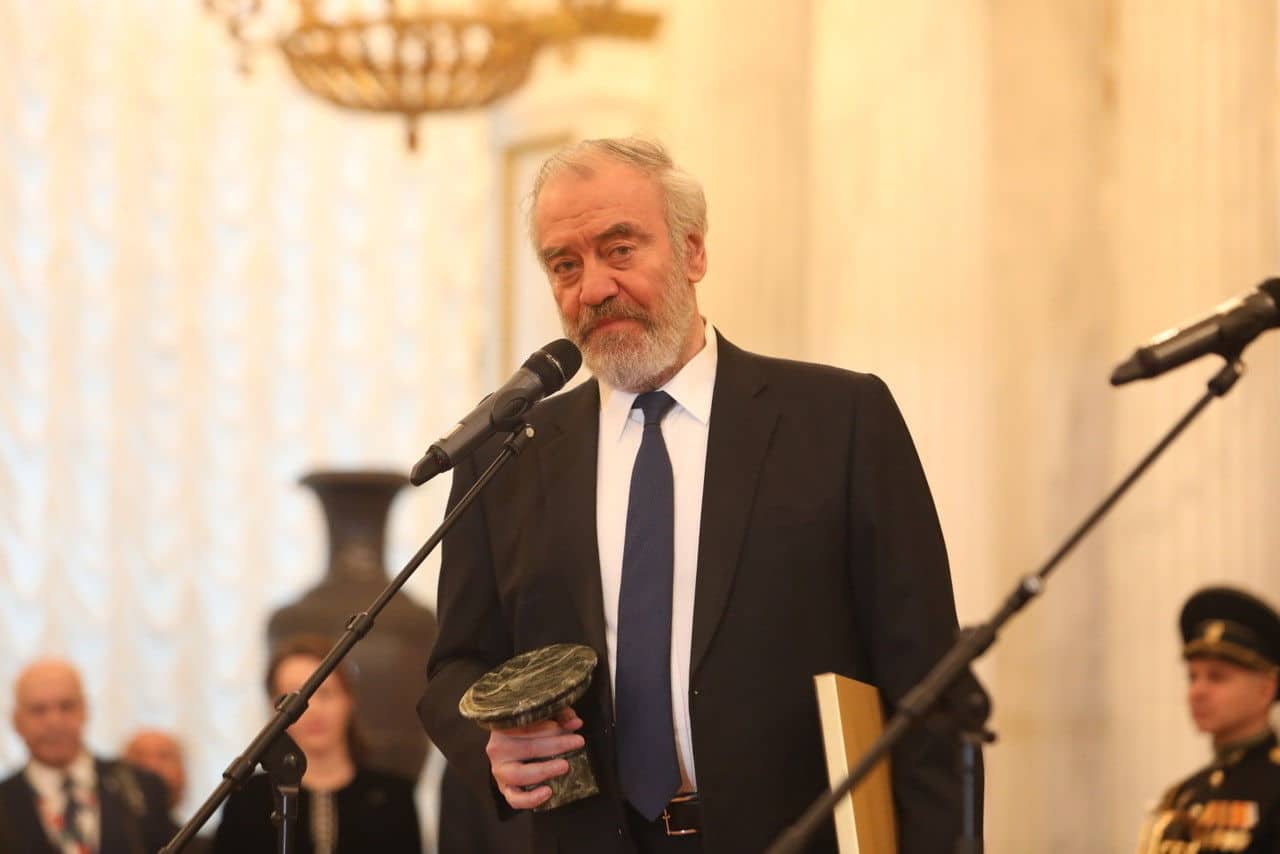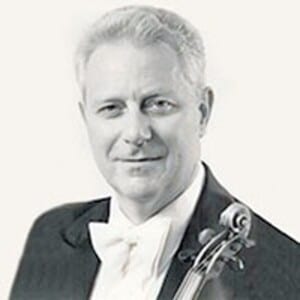Why did Beethoven never go to church
Why BeethovenIn a new Spectator podcast, Damian Thomson and I examine the religious life of Ludwig van Beethoven, his deep and abiding faith and his loathing for organised worship.
Ludwig van Beethoven had a profound faith in God. He was born and raised a Catholic and on his deathbed he asked to receive the Last Rites.
Listen to our conversation here.






This is so interesting to listen! I don’t understand why Mr. Lebrecht, which is so intelligent and knowledgeable in this podcast, fills Slipped disc with c*ap.
A good point. I’ve read NL’s first novel and a Mahler book – both first class. Maybe this tabloid-ish blog pays well with the clicks ?
Like Verdi, way too intelligent to lower himself.
Not like Bach, though, aye.
Bach, conservative to the core, fits easily within the confines of the church. Beethoven rises far beyond.
1.) Beethoven’s 4th piano concerto with Noel Mewton – Woods.
2.) Josef Hofmann with the Philadelphia Orchestra, Eugene Ormandy.
Emil Gilels – TBD
Why? He didn’t want to get to the other side.
Fascinating, N.L.
And you downplay that you have written a new book on Beethoven. Good for you.
The church is too small and doctrinaire for the enormity of his vision. The Missa Solemnis is the greatest mass, or for that matter religious work of any kind, ever created. No church or organized religion of any sort could ever hope to frame a work at once so vast and deeply personal.
Beethoven attended Mass in Bonn and also during his early days in Vienna, his ENT problem made it impossible later on. He was not anti-religion, he taught his nephew Karl how to pray.
His library contained several theological tomes, including, Catholic Hymn books, and even a Lutheran Bible (in German). Like Mozart, he also had several volumes of Protestant theology which were banned by the Vatican and would have been confiscated by Metternich’s thought Police.
The composer of the Missa Solemnis was certainly not an atheist. He may have had certain misgivings of the sincerity of some of the Catholic clergy of his time (as Schubert thought). In his Missa Solemnis, which should be called Missa sinfonia in tempo belli ( Symphonic Mass in time of turmoil) Beethoven reconciles God and the world, art and life.
I found this conversation between Beethoven and the harp maker Johann Andreas Stumpff, mentioned in an obscure journal of harp makers!
Wenn ich an Abend den Himmel staunend betrachte und das Heer der ewig in seinen Grenzen sich schwingenden Lichtkörper, Sonnen oder Erden gennant, dan schwingt sich mein Geist über diese soviel Millionen Meilen entrfernten Gestirne hin zum Urquell, aus welchem alles Erschaffene strömt, und aus welchem ewig neue Schöpfungen entströmen warden. Ludwig van Beethoven (Aus einem Gespräch mit dem Londoner Harfenfabrikanten Johann Andreas Stumpff, 1824)
My impression is that Beethoven was really a Protestant at heart. He would have fitted in well with the sung Matins, Morning Service and Evensong at St Patrick’s Cathedral, Dublin. My final resting place is opposite Dr Swift. I would make the Dean and Chapter reserve him a vault next to my ancestor.
It was a pity Damian Thomson felt he needed to do most of the talking, clearly trying to demonstrate what a great expert he is. NL was far more interesting and I wish he had had more airtime. It was thought a relief not to have Mr. Thomson go on and on about the mass in Latin, which seems somewhat of an obsession for him.
He wrote in his Heiligenstadt Testament: “Almighty God, you look down onto my innermost soul and into my heart and you know that it is filled with love for humanity and a desire to do good?”
His closest friend Anton Schindler insisted that his “entire life is proof that he was truly religious at heart.”
He wrote to a friend: “I must live by myself. I know, however, that God is nearer to me than others. I go without fear to him: I have constantly recognised and understood Him.”
He wrote to the Grand Duke Rudolf “Nothing higher exists than to approach God … and to extend His glory among humanity.”
Beethoven did attend exactly one Mass during his adult life, despite living most of it in Catholic cities. In 1823, the composer considered applying for a position in the Hofkapelle by writing a simple Mass in the style preferred by Kaiser Franz. On June 16, 1823, Beethoven attended a simple Mass and Te Deum by Ignaz von Seyfried at the Invalidenhaus (south side of the Glacis, across from the Stubentor, roughly where the City U-Bahn station is today). This is the single such instance recorded in the conversation books between 1819-24.
He did make his nephew Karl attend Mass. One of his best friends was an archbishop; and on his deathbed, he received Last Rites.